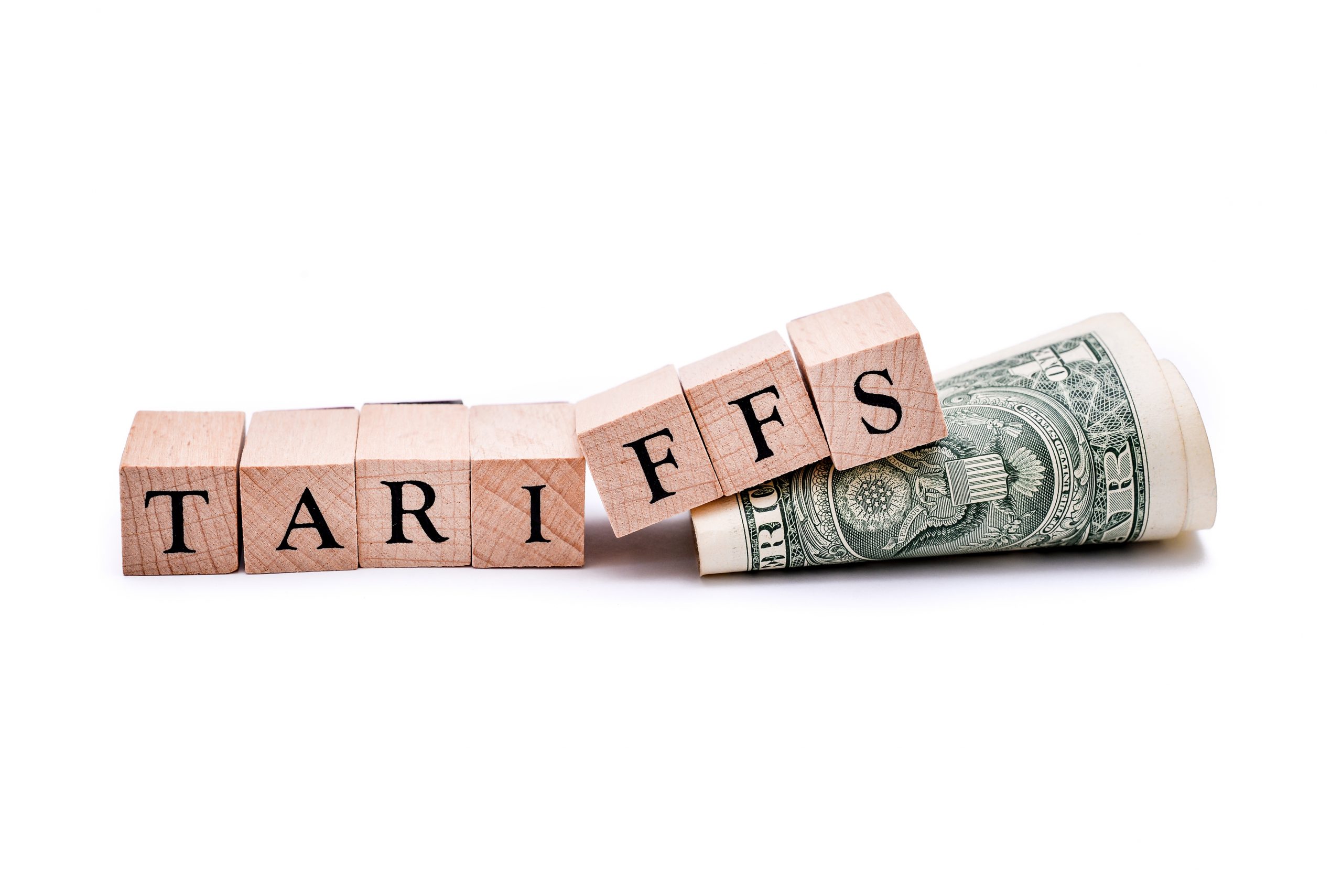On 2 April 2025, the United States (“US”) government announced the imposition of a 32% tariff for all Indonesian goods exported into the US – this tariff is among the highest rates imposed on ASEAN nations (“Reciprocal Tariff”), which implementation has been postponed to 8 July 2025.
Once effectively enforced, the 32% Reciprocal Tariff is expected to have significant impact to Indonesian manufacturers, especially in footwear and textiles industries as the high tariff would obviously increase the price of Indonesian goods in the US market, making it less competitive compared to US-made goods or goods made by other countries with lower import tariff. According to Center of Economics and Law Studies(CELIOS), Indonesian footwear and textiles industries are highly dependent on US market, with 2024 exports comprising of over 60% for apparel and 33% for footwear from Indonesia’s total export of apparel and footwear, respectively. The Indonesian Finance Minister, Mrs. Sri Mulyani, has suggested that the new tariff policy is expected to reduce GDP growth by between 0.3% up to 0.5%.
In a proactive response to mitigate potential impact of US’ tariff policy on Indonesian economy, President Prabowo has dispatched a team of delegates, led by Indonesian Coordinating Minister of Economic Affairs – Mr. Airlangga Hartarto, to engage in an at least 60-day negotiation with the US government as of 9 April 2025. The delegation is proposing several policy reforms aimed at securing more favorable tariff treatment than Indonesia’s export competitors, including:
- Provision of ease of licensing procedure for US companies operating in Indonesia.
- Relaxation of import quota, import duty and local content requirement (Tingkat Komponen Dalam Negeri – “TKDN”):
- Import Quota
The import quota policy will be more relaxed and Indonesia will also increase import volume for US commodities, including gasoline, crude oil, wheat, soybeans and cotton, with a value of up to approximately USD 18-19 billion. - Import duty
Indonesia is proposing to reduce import duties for certain goods from the US. - TKDN
TKDN rule will be more relaxed, including but not limited, for goods from the US.
- Import Quota
To implement the above, the Indonesian government is currently planning to form three task forces, focusing on: (i) trade and economic security negotiations, (ii) employment expansion and layoff mitigation, and (iii) policy deregulation, including improvements to the investment climate and acceleration of business licensing.
We are closely monitoring regulatory developments that may impact your business and investments in Indonesia, and will provide timely updates as they become available.

